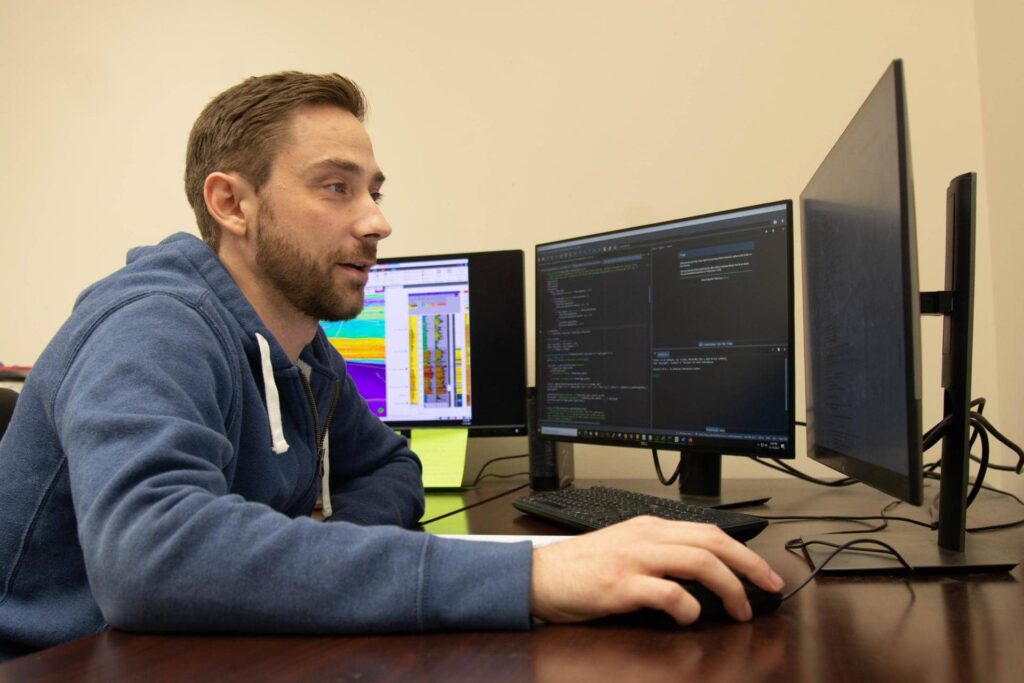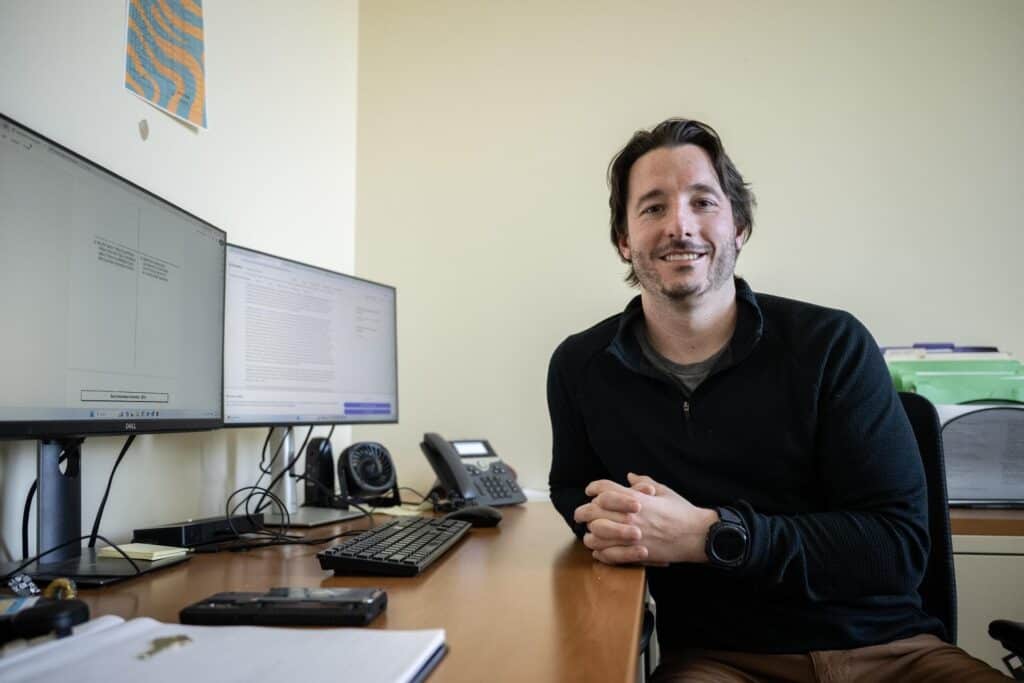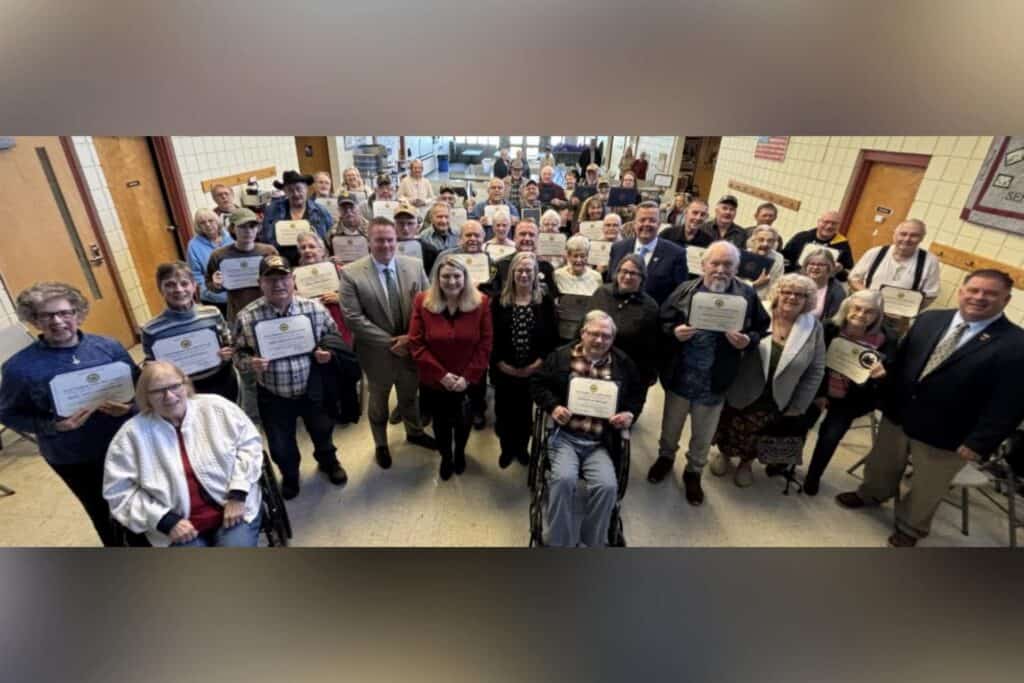BUCKHANNON — Self-employment and entrepreneurship among women and Black individuals are notably lower compared to white men, particularly in rural areas. Researchers at West Virginia University, supported by the United States Department of Agriculture, are digging into the reasons behind this disparity.
Heather Stephens, a professor of resource economics and management and director of the Regional Research Institute, leads the study. Collaborating with Daniel Eades, a WVU Extension specialist in rural economics, the research aims to uncover both the factors aiding entrepreneurship for women and minorities and the barriers preventing them from starting businesses. The findings will inform local and regional economic policies and programs to foster success among these groups.
In the project’s initial phase, Stephens, postdoctoral fellow Xiaoyin Li, and a team of PhD students from the RRI’s economics and natural resource economics departments are compiling and analyzing county-level data.
Eades explained that the research findings would be translated into educational materials for policymakers and practitioners involved in rural entrepreneurship. These materials are intended for Extension educators, business incubators, regional economic development agencies, financial service providers, and chambers of commerce.
“We’ll engage with these folks not just as end users but as experts in their own right,” Eades said. “They will help us better understand the findings and revise curriculum and outreach materials so they are easy to understand and can serve as useful tools to help affect change in local economic development policy.”
Research indicates that small employers tend to reinvest locally and stimulate the economy. Self-employment decisions for women and minority groups differ from those of white men. For women, self-employment might provide a way into the workforce while offering the flexibility to manage home or family obligations.
“There’s been some research that suggests women entrepreneurs or self-employed women aren’t as successful as their male counterparts,” Stephens said. “So maybe we need to measure success by different metrics. Maybe things like flexibility and child care availability would be part of their success.”
Stephens also noted that previous research has not focused enough on rural self-employment, particularly for women and minorities. As a result, rural communities lack strategies to support these groups in starting businesses.
In areas with historically large employers, such as mines, an entrepreneurial mindset may be uncommon. “This is important because if people could use their skills to start a business that could fill a gap in their community, provide income, and increase tax revenues, we might see economic growth in rural places,” Stephens said. “I’m excited about developing tools that will give local communities some answers about what they might do differently.”
Eades added that economic development has often been viewed as a zero-sum game, focused on being the cheapest place to do business. “In our view, entrepreneurship and local business development can change that narrative,” he said. “It’s about leveraging community skills and assets and viewing challenges as opportunities for change. It’s not about taking more of the pie; it’s about making the pie bigger for everyone.”
The project also involves collaborators from Penn State University and the University of Maine.














